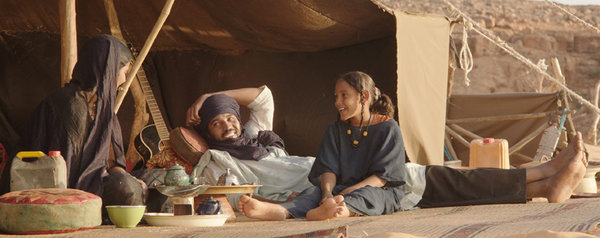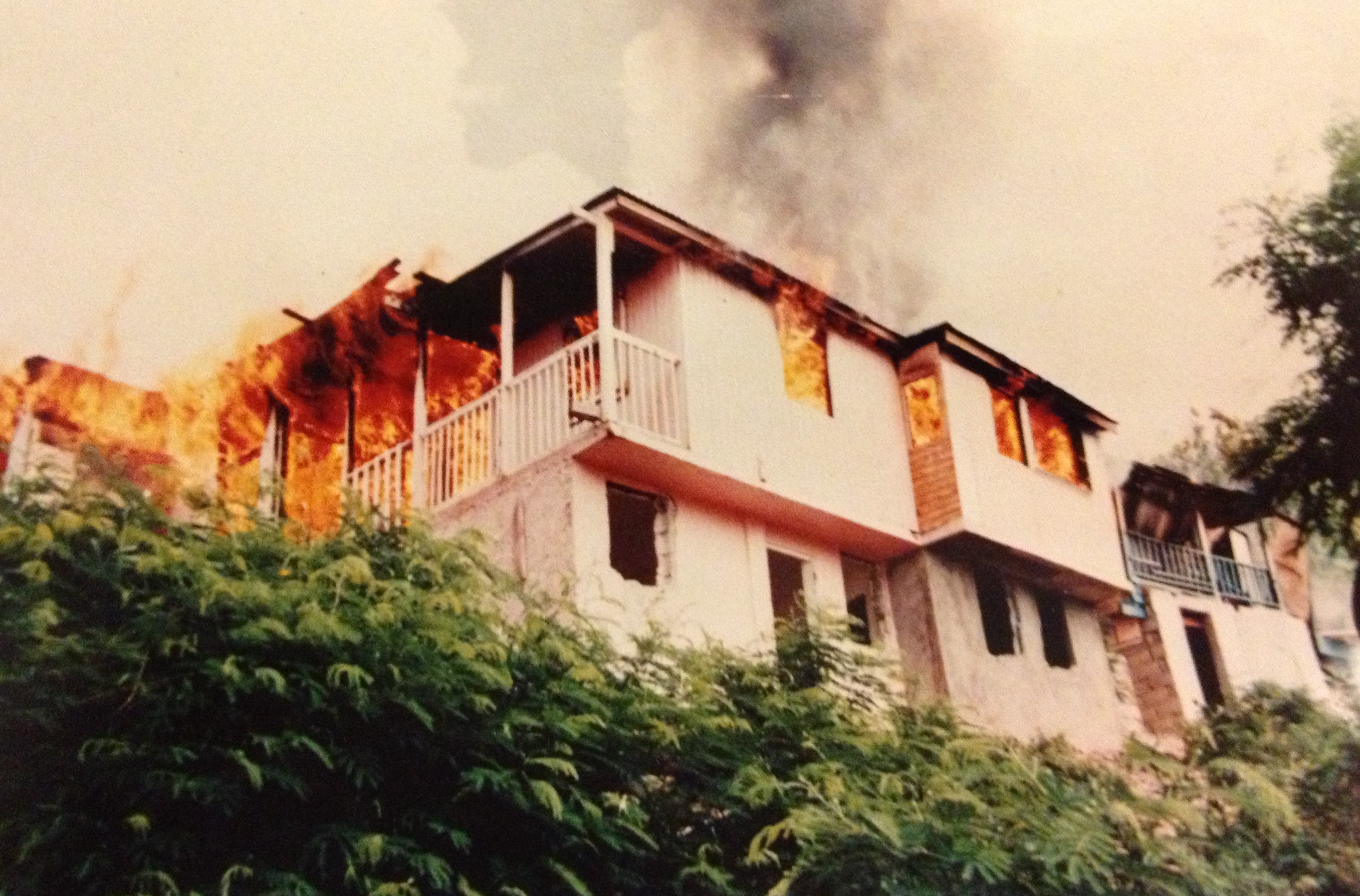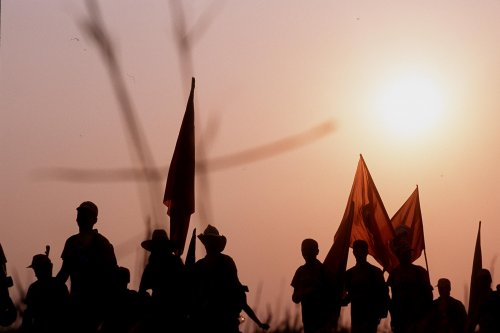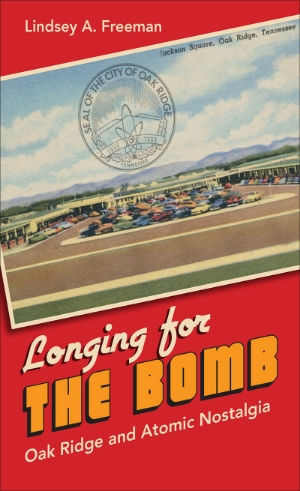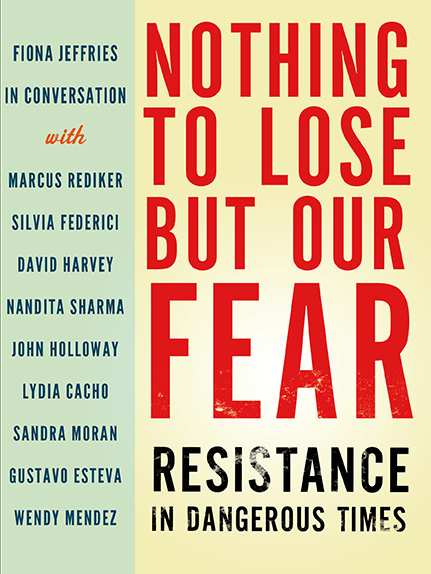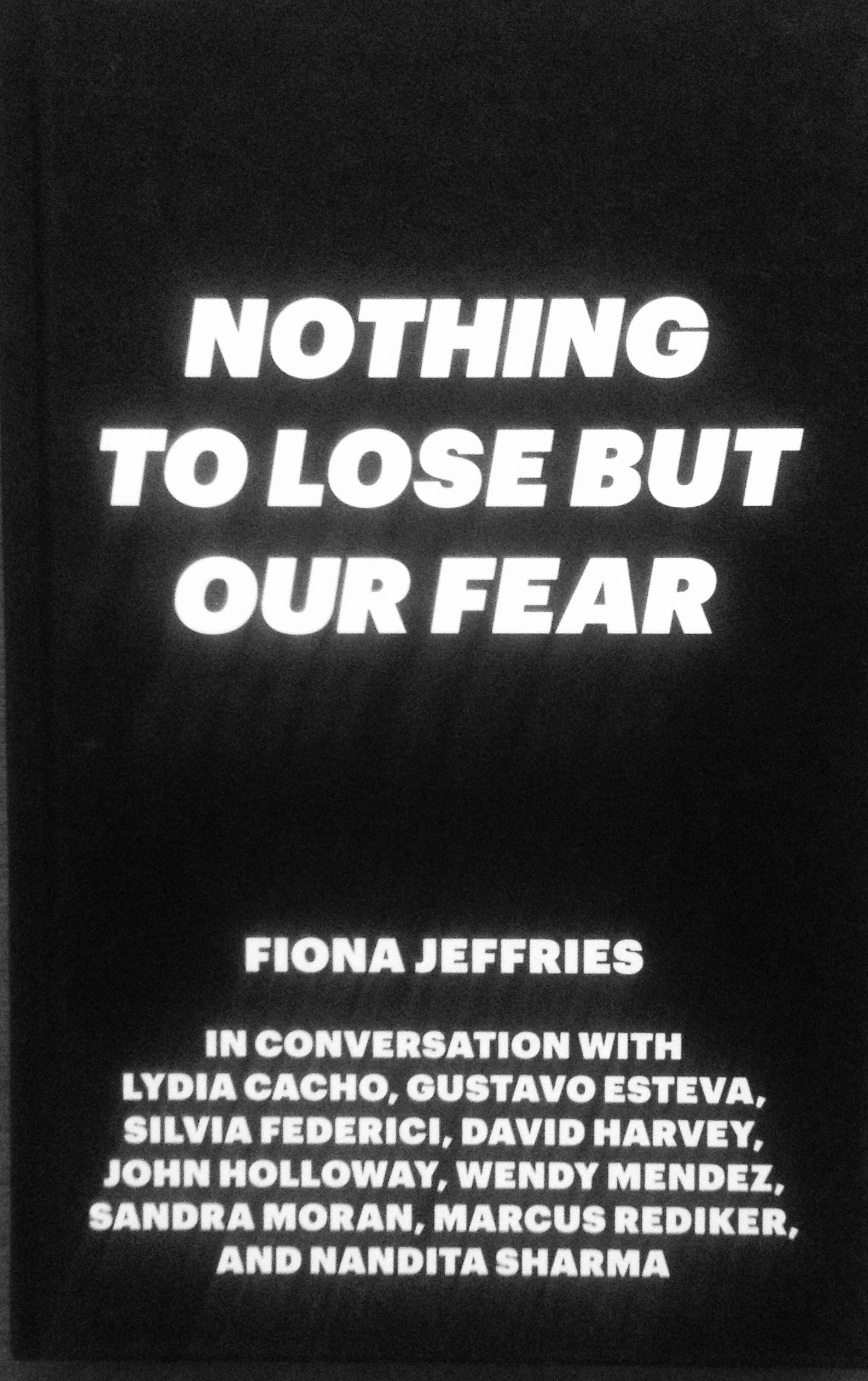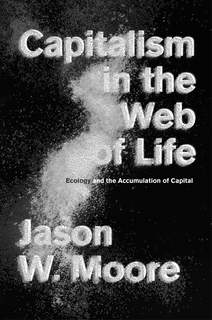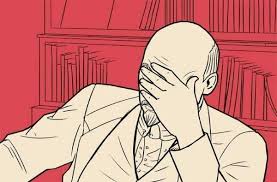Book event: Disaster Citizenship: Survivors, Solidarity, and Power in the North American Progressive Era by Jacob Remes
03/08/2016
6:00 pm - 8:00 pm
Room 9204
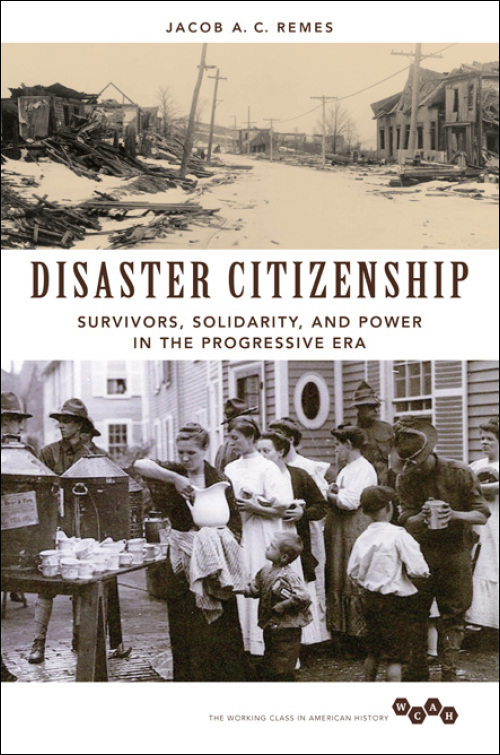
A century ago, governments buoyed by Progressive Era–beliefs began to assume greater responsibility for protecting and rescuing citizens. Yet the aftermath of two disasters in the United States–Canada borderlands–the Salem Fire of 1914 and the Halifax Explosion of 1917–saw working class survivors instead turn to friends, neighbors, coworkers, and family members for succor and aid. Both official and unofficial responses, meanwhile, showed how the United States and Canada were linked by experts, workers, and money. In Disaster Citizenship, Jacob A. C. Remes draws on histories of the Salem and Halifax events to explore the institutions–both formal and informal–that ordinary people relied upon in times of crisis. He explores patterns and traditions of self-help, informal order, and solidarity and details how people adapted these traditions when necessary. Yet, as he shows, these methods–though often quick and effective–remained illegible to reformers. Indeed, soldiers, social workers, and reformers wielding extraordinary emergency powers challenged these grassroots practices to impose progressive “solutions” on what they wrongly imagined to be a fractured social landscape.
Jacob Remes is assistant professor of public affairs, history, and labor studies at SUNY Empire State College. He teaches and studies the working-class and labor history of North America, with a focus on urban disasters, working-class organizations, and migration.
Film Screening: All Day All Week: An Occupy Wall Street Story
03/04/2016
6:00 pm - 9:00 pm
Martin E. Segal Theatre
All Day All Week: An Occupy Wall Street Story
Directed by Marisa Holmes
Friday, March 04th, 2016
Segal Theatre
6:00 – 9:00 pm
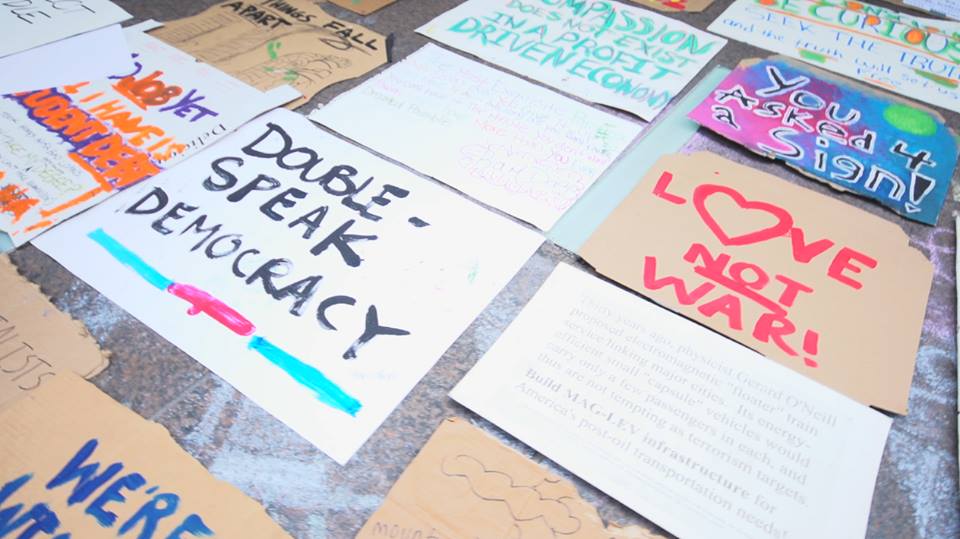
In 2011, there were occupations of squares happening all across the globe. It was a moment of upheaval when anything seemed possible. In this context, on September 17th, 2011, a two-month encampment of Zuccotti Park, renamed Liberty Plaza, began in the financial district of NYC. Occupy Wall Street (OWS) was an autonomous zone of activity with general assemblies engaging in directly democratic processes and working groups self-organizing to meet basic needs. It was a liberated space.
The non-fiction feature film, All Day All Week: An Occupy Wall Street Story, Directed by Marisa Holmes, tells the story of OWS from the perspective of those who lived it. Filmed by and in conversation with participants, the film offers a glimpse inside the daily life of occupation as well as reflections on the experience.
Filmmaker Present for Q&A
The Post Apartheid Moment: An Evening of Solidarity with the Western Cape Anti-Eviction Campaign
02/19/2016
6:00 pm - 8:00 pm
Room C202/203, CUNY Graduate Center
The Post Apartheid Moment: An Evening of Solidarity with the Western Cape Anti-Eviction Campaign
Friday, February 19th, 2016
6:00 – 8:00 pm
Rooms C201/C202/C203
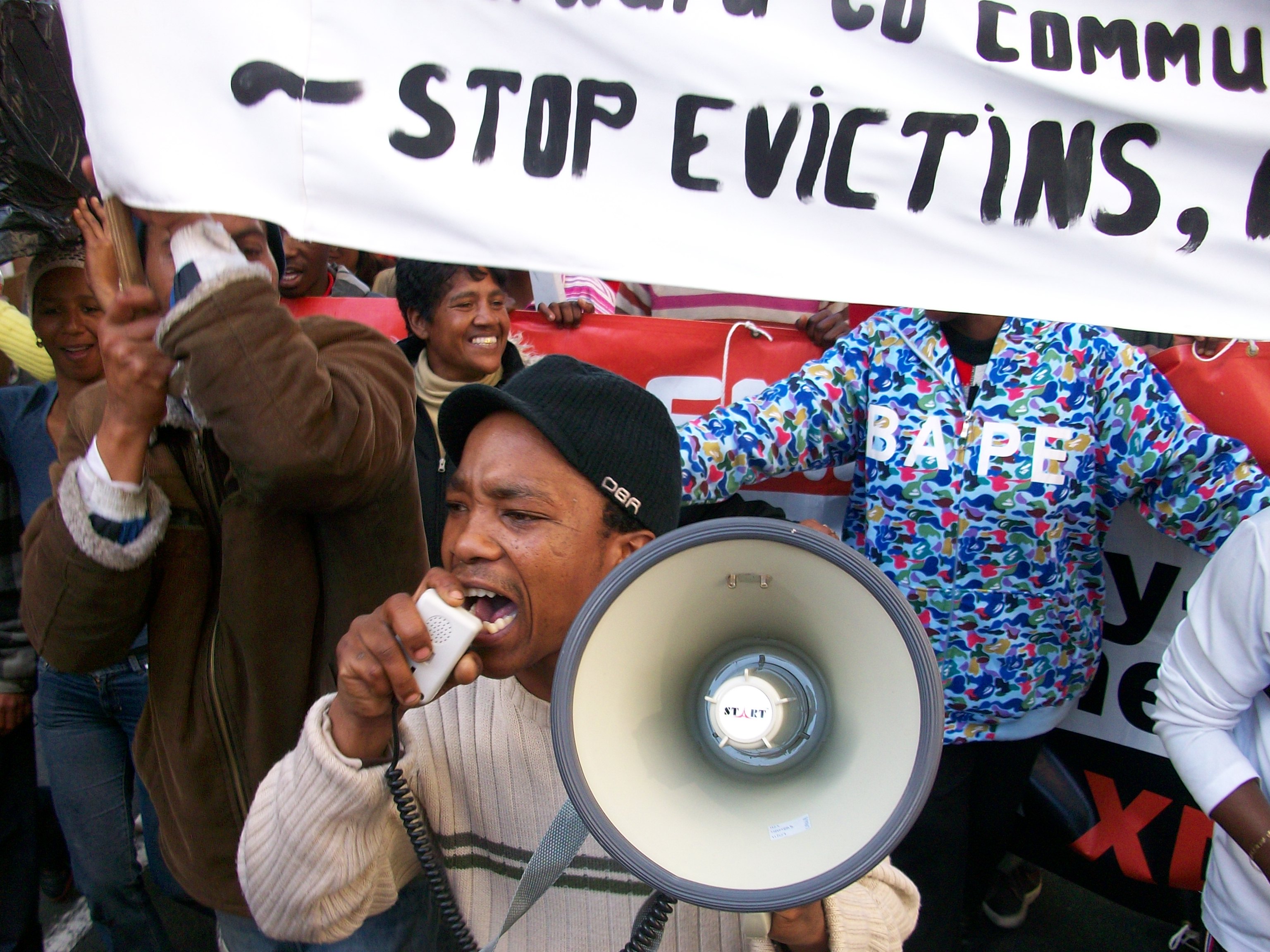
This event is free and open tot he public. It is sponsored by the Center for Place, Culture and Politics, Graduate Center, CUNY.
Film Screening: TIMBUKTU
02/17/2016
6:00 pm - 9:00 pm
Martin E. Segal Theatre
TIMBUKTU
The film will be followed by a discussion of politics and art led by Peter Hitchcock and Mustafa Bayoumi
Wednesday, February 17th, 2016
6-9PM
Martin E. Segal Theater
Mauritanian director Abderrahmane Sissako’s film Timbuktu (2014) has been revered for its attempt to dramatize what happens to a community under occupation by jihadis. Beautifully shot, the film not only records the excesses of the occupiers (lashings, stonings, and a litany of the forbidden) but also compassion and pathos, as if the stark divisions presented are not sustainable, even by those meant to enforce them. Surprisingly, there are even moments of humor, as when some boys play football (soccer) with an imaginary ball because actual football is banned. At the heart of Sissako’s film is a tragedy which is also part of its resistance, but in the main it is music and film itself that is celebrated and these offer their own provocations.
Peter Hitchcock is Professor of English at Baruch College and the Graduate Center of the City University of New York. He is also on the faculties of Women’s Studies and Film Studies at the GC. He is the author of five books, including The Long Space, for Stanford University Press. His most recent publications include, “Accumulating Fictions” for Representations,“Immolation” for the Routledge Companion to Literature and Human Rights, “How to Read a Discipline” for Comparative Literature, “Culture and Anarchy in Thatcher’s London” for an anthology on Hanif Kureishi, “( ) of Ghosts” in The Spectralities Reader, “The Space of Time: Chronotopes and Crisis” for Primerjalna Knjizevnost, “Defining the World” inLiterary Materialisms and “Everything’s Gone Green: The Environment of BP’s Narrative” for Imaginations. Forthcoming articles include an essay, “Viscosity and Velocity,” for an anthology on oil (Cornell), and an essay on communism titled “The Leninist Hypothesis” for Poetics Today. Forthcoming book projects include a monograph on the cultural representation of labor, a monograph on worlds of postcoloniality, and an edited collection on the New Public Intellectual. He is currently working on two research projects: one about seriality in politics and culture; the other on the aesthetics of commodities and financial instruments.
Moustafa Bayoumi is the author of the critically acclaimed How Does It Feel To Be a Problem?: Being Young and Arab in America (Penguin), which won an American Book Award and the Arab American Book Award for Non-Fiction. The book has also been translated into Arabic by Arab Scientific Publishers. His next book, This Muslim American Life: Dispatches from the War on Terror, was recently published by NYU Press. His writing has appeared in The New York Times Magazine, New York Magazine, The Guardian, The National, CNN.com, The London Review of Books, The Nation, The Chronicle of Higher Education, The Progressive, and other places. His essay “Disco Inferno” was included in the collection Best Music Writing of 2006 (Da Capo). Bayoumi is also the co-editor of The Edward Said Reader (Vintage) and editor of Midnight on the Mavi Marmara: the Attack on the Gaza Freedom Flotilla and How It Changed the Course of the Israel/Palestine Conflict (O/R Books & Haymarket Books). With Lizzy Ratner, he also co-edited a special issue of The Nation magazine on Islamophobia (July 2-9, 2012). He has been featured in The Wall Street Journal, The Chicago Sun-Times, and on CNN, FOX News, Book TV, National Public Radio, and many other media outlets from around the world. Panel discussions on How Does It Feel To be Problem? have been convened at The Museum of the City of New York, PEN American Center, Drexel Law School, and the Lower East Side Tenement Museum, and the book has been chosen as the common reading for incoming freshmen at universities across the country. Bayoumi is a professor of English at Brooklyn College, City University of New York. In 2015, he was awarded the honorary degree of Doctor of Humane Letters by Southern Vermont College. He lives in Brooklyn, New York.
Beyond “Fortress Europe”: The French Atlantic and Indian Ocean as the First Line of Border Control
02/10/2016
6:00 pm - 8:00 pm
Room 9206/9207
Beyond “Fortress Europe”: The French Atlantic and Indian Ocean as the First Line of Border Control
A talk by Catherine Benoit
Wednesday February 10, 2016
Room 9207, 6:00 – 8:00 pm
GRADUATE CENTER, CITY UNIVERSITY OF NEW YORK. 365 Fifth Avenue at 34th Street
When the enslaved Africans took the words of the French Revolution and declared themselves citizens, the French colonies of Haiti, Guadeloupe, and French Guiana were in the vanguard of the struggle for the republican ideal of political and legal equality between human beings. By contrast, today the very same territories, as well as the island of Mayotte in the Indian Ocean, are in the vanguard of a French “regime of deportation” involving both foreign nationals and the indigenous populations living in these territories. Since the 1990s, a set of laws, sometimes described as “laws of exception,” place many of these residents in a state of “illegality.” In this talk I will explore how these territories constitute the first wall of “Fortress Europe,” not only because of their location on the periphery of Europe but also because of their historical role in the development of coercive policies towards foreign nationals today in Europe. I will examine the historical construct of “illegality” from both a political and a legal standpoint, describe the military and police controls in order to analyze the “deportation regime” implemented by the French government in its former colonial empire.
Catherine Benoît is Professor of Anthropology at Connecticut College. Her research interests focus on the body and the experience of space in the African diaspora of the Caribbean. She has published widely on this topic including Corps, Jardins, Mémoires. Anthropologie du corps et de l’espace à la Guadeloupe (2000). Her last book Dans le cœur des ténèbres de la Friendly island : migrations, sida et culture à Saint-Martin (2015) explores the transnational therapeutic itineraries of the immigrants living with AIDS who look for care in St. Martin, Haiti, Guadeloupe and Europe. She is currently completing a book manuscript on border reinforcement in the French overseas territories of the Caribbean and Indian Ocean.
Film Screening: Soil, Struggle and Justice: Agroecology in the Brazilian Landless Movement
02/04/2016
6:30 pm - 9:00 pm
Martin E. Segal Theatre
Soil, Struggle and Justice: Agroecology in the Brazilian Landless Movement
A movie directed by Andreas Hernandez
Thursday February 4, 2016
Segal Theater, 6:30 – 9:00 pm
GRADUATE CENTER, CITY UNIVERSITY OF NEW YORK. 365 Fifth Avenue at 34th Street
This film examines the development of a cooperative of the Brazilian Landless Movement (MST) in the South of Brazil, which struggled for access to land and then transitioned to ecological agriculture, or agroecology. The families of COOPAVA constructed space for family farming in an era of transnational industrial agriculture through 1.) engaging a mass movement to gain access to land in a context of extreme land ownership inequality; 2.) using agroecological techniques to cut dependencies with agribusiness and banks, and recuperate the health of their soil for long-term benefit; and 3.) working cooperatively to create value- added food products and solidarity economies not possible at the scale of the single family farm. This MST cooperative is demonstrating the possibility of an alternative model of flourishing rural life, which provides thriving livelihoods for farmers, produces high quality and low-cost food for the region, and rehabilitates the earth.
Andreas Hernandez is Chair of the Department of International Studies at Marymount Manhattan College and holds a doctorate in development sociology from Cornell University. His current research and filmmaking is focused on cultural shift and pathways to sustainability.
Book event: Longing for the Bomb by Lindsey A. Freeman
12/10/2015
6:00 pm - 8:00 pm
Room 6112
Please join us for Lindsay A. Freeman’s discussion of her new book Longing for the Bomb
Thursday, December 10,
6:00 – 8:00 pm
Sociology lounge, room 6112
Longing for the Bomb traces the unusual story of the first atomic city and the emergence of American nuclear culture. Tucked into the folds of Appalachia and kept off all commercial maps, Oak Ridge, Tennessee, was created for the Manhattan Project by the U.S. government in the 1940s. Its workers labored at a breakneck pace, most aware only that their jobs were helping “the war effort.” The city has experienced the entire lifespan of the Atomic Age, from the fevered wartime enrichment of the uranium that fueled Little Boy, through a brief period of atomic utopianism after World War II when it began to brand itself as “The Atomic City,” to the anxieties of the Cold War, to the contradictory contemporary period of nuclear unease and atomic nostalgia. Oak Ridge’s story deepens our understanding of the complex relationship between America and her bombs.
Lindsey A. Freeman is an Assistant Professor of Sociology at SUNY-Buffalo State. She received her PhD in Sociology and Historical Studies at the New School for Social Research. Freeman writes about memory, nostalgia, utopia, space/place, atomic & nuclear culture, art, and the Southern superreal.
This event is sponsored by the Center for Place, culture and Politics. It is free and open to the public.
“Nothing to Lose but our Fear” Fiona Jeffries in conversation with Silvia Federici and David Harvey
12/02/2015
6:00 pm - 8:00 pm
Room 6112
“Nothing to Lose but our Fear”
Fiona Jeffries in conversation with Silvia Federici and David Harvey
Wednesday, December 2, 6-8pm
Sociology lounge, room 6112
Nothing to Lose but Our Fear brings together an international group of scholars and activists and asks them how can we think critically and act productively in a world awash in fear. Their
conversations with Fiona Jeffries provoke consideration of the often hidden histories of people’s emancipatory practices and offer reflections that can help us understand the
conjuncture of systemic fear and resistance.
Fiona Jeffries is a scholar working in the materialist feminist
tradition whose writing and research focus on questions of social fear, precarity, repression, resistance, commoning and care amidst neoliberal enclosures. She is an Instructor in the Institute of Interdisciplinary Studies at Carleton University and a Visiting
Scholar at the Centre for Policy Studies on Culture and Communities at Simon Fraser University. She is currently working on a book with Pablo Mendez (Carleton Geography) on urban struggles around the means of social reproduction.
Silvia Federici is a long time feminist activist, teacher and writer. She was a co-founder of the International Feminist Collective, the New York Wages For Housework Committee, the Radical Philosophy Association Anti-Death Penalty Project and the Committee for Academic Freedom in Africa. She has taught at the University of Port Harcourt (Nigeria) and Hofstra University. She has authored many essays on feminist theory and history. Her published books include: “Caliban and the Witch. Women, the Body and Primitive Accumulation”; “Revolution at Point Zero”; “Enduring Western Civilization: The Construction of the Concept of Western Civilization and its Others” (editor); “Thousand Flowers: Social Struggles Against Structural Adjustment in African Universities” (co-editor).
David Harvey is Distinguished Professor of Anthropology and Geography at the City University of New York (CUNY) and author of various books, articles, and lectures. He is the author of Seventeen Contradictions and the End of Capitalism(Profile Books, 2014), one of The Guardian’s(http://www.guardian.co.uk/books/2011/dec/02/books-christmas-presents-economics-reviews“) Best Books of 2011, The Enigma of Capital and the Crises of Capitalism (Oxford University Press, 2010). Other books include A Companion to Marx’s Capital, Limits to Capital, and Social Justice and the City. Professor Harvey has been teaching Karl Marx’s Capital for nearly 40 years. His lectures on Marx’s Volumes I and II are available for download (free) on his website. He was director of the Center for Place, Culture and Politics from 2008-2014.
This event is sponsored by the Center for Place, culture and Politics. It is free and open to the public.
11/12 Capitalism in the Web of Life: Ecology and the Accumulation of Capital
11/12/2015
6:00 pm - 8:00 pm
Sociology Lounge, Room 6112
Please join us to celebrate the publication of “Capitalism in the Web of Life: Ecology and the Accumulation of Capital”
Benjamin Kunkel interviews Jason W. Moore
Thursday, November 12, 2015
6:00 PM
Sociology Lounge
The relationship between capital and ecology in the longue durée
Finance. Climate. Food. Work. How are the crises of the twenty-first century connected? In Capitalism in the Web of Life, Jason W. Moore argues that the sources of today’s global turbulence have a common cause: capitalism as a way of organizing nature, including human nature. Drawing on environmentalist, feminist, and Marxist thought, Moore offers a groundbreaking new synthesis: capitalism as a “world-ecology” of wealth, power, and nature. Capitalism’s greatest strength—and the source of its problems—is its capacity to create Cheap Natures: labor, food, energy, and raw materials. That capacity is now in question. Rethinking capitalism through the pulsing and renewing dialectic of humanity-in-nature, Moore takes readers on a journey from the rise of capitalism to the modern mosaic of crisis. Capitalism in the Web of Life shows how the critique of capitalism-in-nature—rather than capitalism and nature—is key to understanding our predicament, and to pursuing the politics of liberation in the century ahead.
http://www.versobooks.com/books/1924-capitalism-in-the-web-of-life[versobooks.com
Jason W. Moore is a world historian at Binghamton University, and coordinator of the World-Ecology Research Network. He writes regularly on environmental history, capitalism, and the crises of the 21st century. He is author of Capitalism in the Web of Life: Ecology and the Accumulation of Capital (Verso, 2015); World-Ecology and the Crisis of Capitalism: The End of Cheap Nature (in Italian, Ombre Corte, 2015); Transformations of the Earth: How Nature Matters in the Making and Unmaking of the Modern World (in Chinese, Commercial Publishers, 2015); and editor of Anthropocene or Capitalocene: Nature, Justice, and the Crisis of the 21st Century (PM Press, 2016). His scholarly essays on environmental history, food and agriculture, and world history are available on his website: www.jasonwmoore.com. He is presently completing Seven Cheap Things Capitalism Needs to Survive, with Raj Patel, and Ecology and the Rise of Capitalism, for the University of California Press.
Benjamin Kunkel is the author of Indecision, a novel; Buzz, a play; and Utopia or Bust, an essay collection. He is a founding editor of n+1.
https://www.facebook.com/events/556879091135920/
Alastair Renfrew on ‘Lenin and the Dialectics of Life’
11/10/2015
6:30 pm - 8:30 pm
Skylight Conference Room, 9th Floor
Alastair Renfrew on ‘Lenin and the Dialectics of Life’, and a response by Peter Hitchcock
Tuesday November 10, 2015
6:30-8:30
Skylight room
Dialectical thought in the twentieth century became almost terminally weighed down by its association with the so-called dialectical materialism that became political and philosophical orthodoxy in the Soviet environment. As a necessary contribution to the broader process of recuperation of dialectical thought, this paper seeks to return to the mythologised source of Soviet orthodoxy in order to trace those aspects of the ‘real’ Lenin’s writing and political practice that lead away from (non-dialectical) dogma and towards a flexible, living, ‘dialogical’ dialectic.
Alastair Renfrew is Professor of English and Comparative Literature at Durham University. His main area of research specialization is literary and critical theory, particularly Mikhail Bakhtin and the so-called Russian Formalists; he has also taught and published on Russian and Soviet Cinema and on Russian and Scottish Literature. He is author of Towards a New Material Aesthetics (Legenda, 2006) and Mikhail Bakhtin (Routledge, 2015), and co-editor of the collection Critical Theory in Russia and the West (Routledge, 2010); he is currently working on projects on Lenin and on Dialectics and Dialogics.
Peter Hitchcock is Professor of English at Baruch College and the Graduate Center of the City University of New York. He is also on the faculties of Women’s Studies and Film Studies at the GC. He is the author of five books, including The Long Space, for Stanford University Press. His most recent publications include, “Accumulating Fictions” for Representations,“Immolation” for the Routledge Companion to Literature and Human Rights, “How to Read a Discipline” for Comparative Literature, “Culture and Anarchy in Thatcher’s London” for an anthology on Hanif Kureishi, “( ) of Ghosts” in The Spectralities Reader, “The Space of Time: Chronotopes and Crisis” for Primerjalna Knjizevnost, “Defining the World” inLiterary Materialisms and “Everything’s Gone Green: The Environment of BP’s Narrative” for Imaginations. Forthcoming articles include an essay, “Viscosity and Velocity,” for an anthology on oil (Cornell), and an essay on communism titled “The Leninist Hypothesis” for Poetics Today. Forthcoming book projects include a monograph on the cultural representation of labor, a monograph on worlds of postcoloniality, and an edited collection on the New Public Intellectual. He is currently working on two research projects: one about seriality in politics and culture; the other on the aesthetics of commodities and financial instruments.
This event is sponsored by the Center for Place, Culture and Politics





